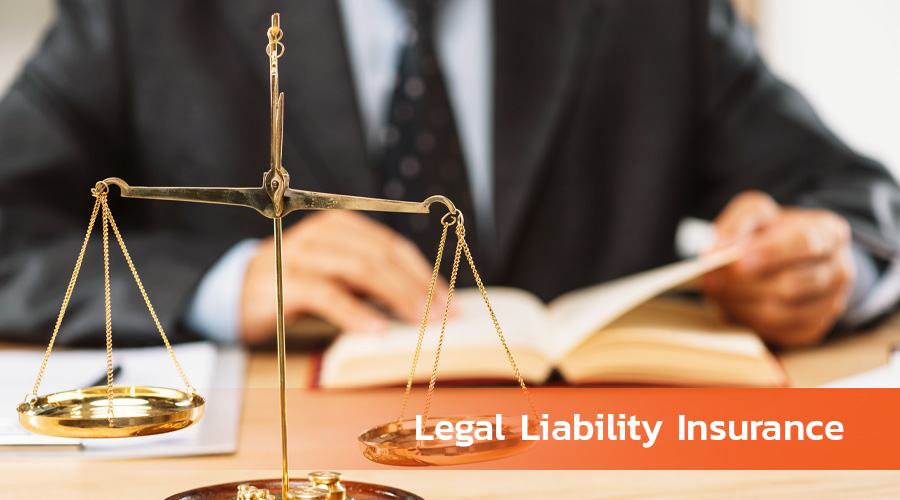
Navigating Legal Liability: Responsibilities and Consequences
Legal liability is a cornerstone of the legal system, defining responsibilities and consequences for individuals and entities. In this exploration, we delve into the intricacies of legal liability, examining its significance, types, and the impact it has on various aspects of law.
Defining Legal Liability
Legal liability refers to the legal responsibility one bears for their actions or omissions. It encompasses both civil and criminal aspects of law. Understanding legal liability is essential as it establishes the framework for holding individuals, businesses, and organizations accountable for their conduct within the bounds of the law.
Types of Legal Liability
Legal liability comes in various forms. Civil liability involves disputes between private parties, where one seeks compensation or redress for harm caused by another. Criminal liability, on the other hand, involves offenses against the state, leading to potential punishments such as fines or imprisonment. Additionally, there’s professional liability, product liability, and more, each with its unique nuances.
Individual and Corporate Responsibility
Individuals and corporations alike are subject to legal liability. Individuals may face civil or criminal liability for actions ranging from negligence to intentional wrongdoing. Corporations, as legal entities, can be held liable for the actions of their employees or for corporate practices that cause harm. Understanding and mitigating these liabilities are crucial for individuals and businesses alike.
Contractual and Tortious Liability
Within civil liability, two primary categories are contractual and tortious liability. Contractual liability arises from breaches of contracts—legal agreements between parties. Tortious liability, on the other hand, stems from civil wrongs that cause harm, such as negligence or intentional misconduct. Both require a careful examination of the circumstances and legal principles.
Professional Liability: Navigating Expert Responsibilities
Professionals, including doctors, lawyers, and accountants, are held to a higher standard of care known as professional liability. When professionals fail to meet these standards, they may face legal consequences. Professional liability cases often involve intricate assessments of professional duties, ethics, and the impact of actions on clients or the public.
Product Liability: Ensuring Consumer Safety
Product liability holds manufacturers and sellers accountable for defective or dangerous products. When products cause harm due to design flaws, manufacturing defects, or inadequate warnings, those responsible may be legally liable. This area of law is vital for consumer protection, emphasizing the responsibility of businesses to ensure product safety.
Legal Liability in the Digital Age
In an era dominated by digital interactions, legal liability extends to the virtual realm. Issues like data breaches, online defamation, and cybercrimes raise questions about liability in the digital age. Legal liability in the digital space requires an understanding of evolving laws, international considerations, and the intersection of technology and legal responsibilities.
Corporate Governance and Liability Mitigation
Corporate governance plays a crucial role in managing legal liability for businesses. Establishing sound governance structures, compliance programs, and risk management strategies can help mitigate legal risks. Proactive measures, such as employee training and ethical guidelines, contribute to a corporate culture that prioritizes legal compliance and responsibility.
Insurance as a Risk Mitigation Tool
Insurance is a key tool for mitigating legal liability risks. Businesses and individuals often purchase liability insurance to protect against potential legal claims. Whether it’s professional liability insurance for professionals or general liability insurance for businesses, these policies provide financial protection and facilitate risk management.
The Role of Legal Professionals in Liability Cases
Legal professionals play a pivotal role in navigating liability cases. Attorneys specializing in civil, criminal, or corporate law provide guidance to individuals and businesses facing legal challenges. Their expertise in interpreting laws, building cases, and negotiating settlements contributes to effective legal representation in matters of liability.
Conclusion: Balancing Accountability and Fairness
In conclusion, legal liability is a fundamental concept that balances accountability and fairness in the legal system. Whether in contractual disputes, professional negligence cases, or product liability claims, understanding and navigating legal liability is essential. As laws evolve and new challenges emerge, a nuanced approach to legal liability ensures that individuals and entities fulfill their responsibilities within the bounds of the law.


